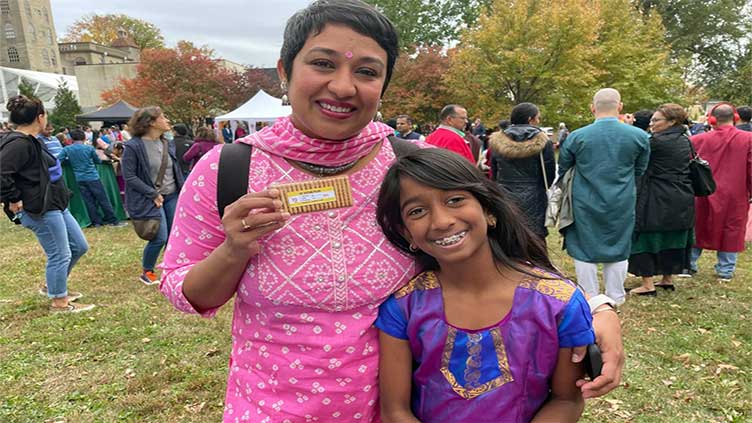Election disinformation campaigns targeted voters of color in 2020. Experts expect 2024 to be worse

Technology
Election disinformation campaigns targeted voters of color in 2020. Experts expect 2024 to be worse
CHICAGO (AP) — Leading up to the 2020 election, Facebook ads targeting Latino and Asian American voters described Joe Biden as a communist. A local station claimed a Black Lives Matter co-founder practiced witchcraft. Doctored images showed dogs urinating on Donald Trump campaign posters.
None of these claims was true, but they scorched through social media sites that advocates say have fueled election misinformation in communities of color.
As the 2024 election approaches, community organizations are preparing for what they expect to be a worsening onslaught of disinformation targeting communities of color and immigrant communities. They say the tailored campaigns challenge assumptions of what kinds of voters are susceptible to election conspiracies and distrust in voting systems.
“They’re getting more complex, more sophisticated and spreading like wildfire,” said Sarah Shah, director of policy and community engagement at the advocacy group Indian American Impact, which runs the fact-checking site Desifacts.org. “ What we saw in 2020, unfortunately, will probably be fairly mild in comparison to what we will see in the months leading up to 2024.”
In addition to general misinformation themes about voting machines and mail-in voting, groups are catering their messaging to communities of color, experts say.
For example, immigrants from authoritarian regimes in countries like Venezuela or who have lived through the Chinese Cultural Revolution may be “more vulnerable to misinformation claiming politicians are wanting to turn the U.S. into a Socialist state,” said Inga Trauthig, head of research for the Propaganda Research Lab at the Center for Media Engagement at the University of Texas at Austin. People from countries that have not recently had free and fair elections may have a preexisting distrust of elections and authority that may make them vulnerable to misinformation as well, Trauthig said.
Disinformation efforts often hinge on topics most important to each community, whether that is public safety, immigration, abortion, education, inflation or alleged extramarital affairs, said Laura Zommer, co-founder of the Spanish-language fact-checking group Factchequeado.
“It takes advantage of their very real fear and trauma from their experiences in their home countries,” Zommer said.
Other vulnerabilities include language barriers and a lack of knowledge of the U.S. media landscape and how to find credible U.S. news sources, several misinformation experts told The Associated Press. Many immigrants rely on translated content for voting information, leaving space for bad actors to inject misinformation.

